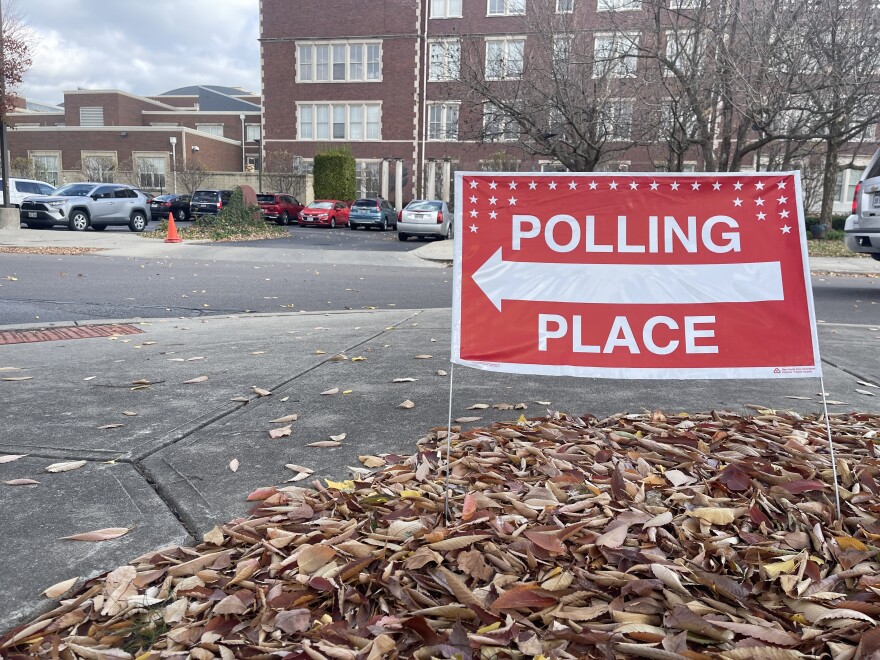If you've recently been on the internet, watched TV, or listened to commercial radio, you've likely been bombarded with negative political ads.
WYSO's Kathryn Mobley spoke with Lee Hannah, who teaches political science at Wright State University, to explain why negative messages can be powerful political tools.
"Campaigns have learned that fear and negativity can can often leave a stronger impression and mobilize people more so than just saying 'I'm a good person who stands for good policies.' And so there has been some research on this that finds that that negativity can be more memorable and that people can be more mobilized to vote if they fear something," Hannah said.
Over the past few months, as more negative rhetoric has filtered into this election season, some people told WYSO they were on the fence about even voting. For various reasons, they didn’t think their vote would count or they didn’t believe politicians cared about their life concerns.
Crystal Gnau used to be one of these Ohio citizens. She said for years she didn’t vote because she didn’t believe she was smart enough. But a relative gave her a new perspective.
She said she "grew up in a household where we didn't talk about politics at all. And my mother is still not a registered voter. And when I heard my step grandmother discuss voting, I, I realized that for all of the women who came before me that fought for my right to vote, it was ridiculous that I wasn't voting. So I registered to vote that year and voted. And I've been voting ever since."
Gnau was nearly 30 when she voted for the first time.
"And I must have done something right, because when my daughter turned 18, she was so excited about registering to vote and getting out there and voting for the first time. And we just we need all women to feel that way," she said.


